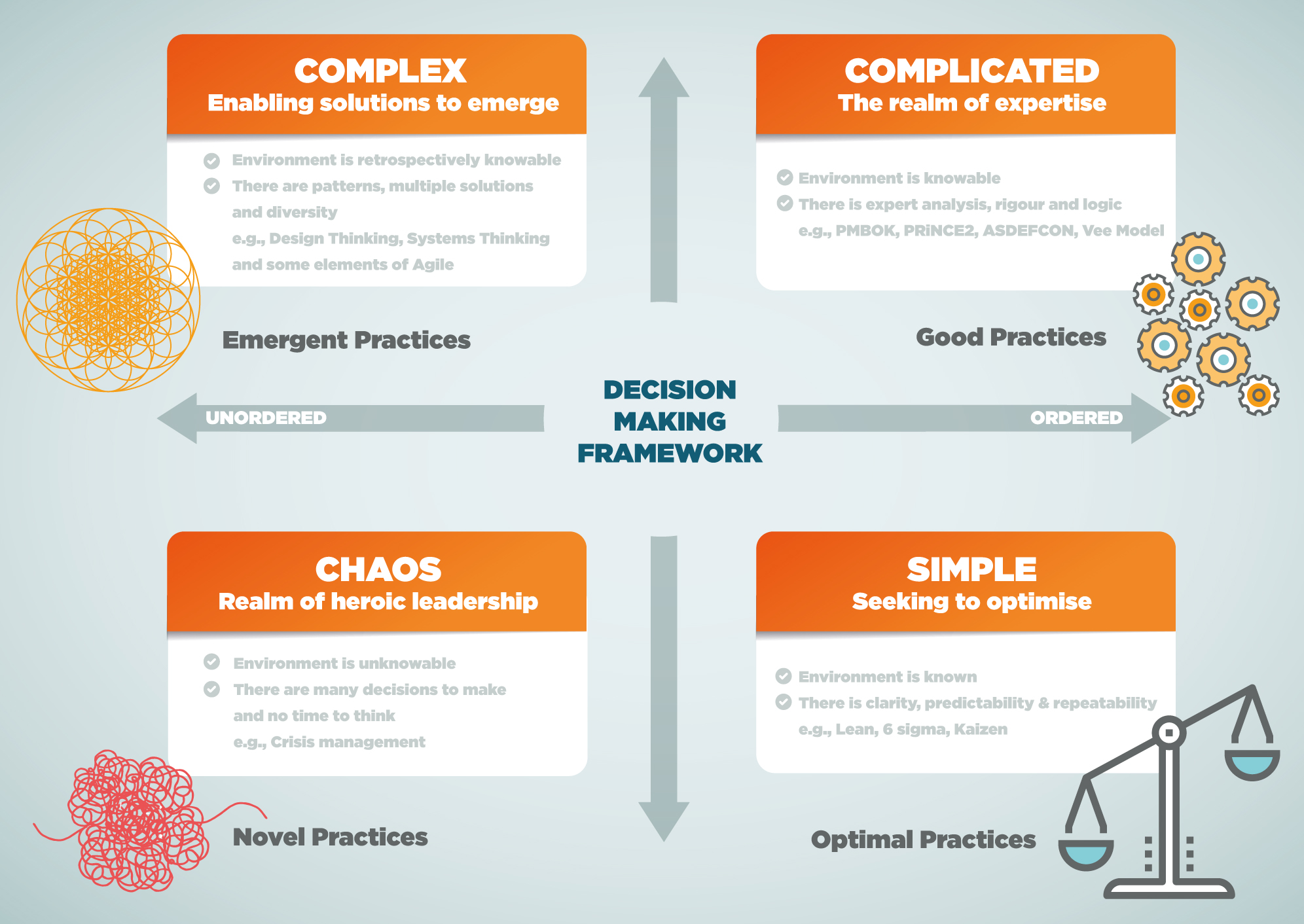For many businesses, COVID-19 has meant scaling back their operations and navigating their way through the challenges as a matter of survival. For others however, COVID has represented a time for rapid expansion and adaption through an unanticipated demand in their product or service.
For many organisational leaders, the realisation that their existing toolkit did not include the skills to deal with the uncertainty of 2020 has left them feeling somewhat exposed.
The Problem
There are many things that we can prepare for if we can anticipate them, however we can rarely anticipate the impact of an event such as the global pandemic.
Quintessential was approached by a technology organisation that was experiencing an escalating conflict between the leads of two well performing teams. Both teams were delivering high quality services through the various twists and turns of their business venture. However, it became noticeable over the course of 2020 that tension amongst the team leads had emerged, which created a flow-on disruptive impact on their respective team members. The cumulative effects of COVID had been that proverbial straw that broke the camel’s back and they were insightful enough to seek help.
A large part of the problem stemmed from their own inability to identify a root cause of the conflict. Both team leads were highly respected, qualified and experienced professionals, being highly skilled to lead teams. Goodwill was present, yet most roads to recovery led to an impasse.
The Quintessential Process
In situations of conflict there is always a temptation to find what is wrong. Yet the teams’ past performance was based on a solid foundation of cohesion that they had built over time, and a misplaced intervention could have potentially resulted in unintended consequences of undoing the good that had been established.
Therefore, Quintessential adopted an approach of ‘improving’ in preference to ‘fixing’. With COVID affecting many things about our client’s BAU practices, we leveraged the Cynefin framework to highlight ways in which they needed to do things differently – not because their existing practices were incorrect, but because they were simply unsuitable for the current challenges.
Our client realised that what they were doing was not wrong, it was just ineffective. At this point they saw that they were geared around doing things Cynefin ‘complicated’, and they need to approach things in a Cynefin ‘complex’ manner.

- Environmental scan & appreciation. The first stage of the process was to gain an appreciation of the teams’ working environment. Quintessential leveraged Cynefin to change the language, moving away from ‘good/bad’, ‘right/wrong’, and more towards ‘better/worse’, ‘pro/con’ etc. This enabled a different conversation to be shared in a manner less confrontational, which allow the conflict to be more productively discussed.
- Shifting mindsets. The recognition that a different approach was needed in these turbulent times opened up their minds to the possibility of doing things in different ways. There was already a sound basis to work from, so we managed to identify new approaches in accordance with the following principles:
- It is ok not to know – we have confidence that we know how to find out
- Use incremental improvements to progress to a solution – the pathway to the answer is not always linear
- Embrace conflict – it is an effective way to identify and explore possibilities
- Seek “best fit” rather “best” – our world is ‘relative’, not ‘absolute’
- Upskilling. A martial art master I trained with use to say, “…our mind is like a parachute; it works best when open.” Once the team leads and the team members recognised that they needed to enhance their skillset, new conversations were possible in context of ‘upskilling’ in new techniques and different approaches. Note that this was not instead of their existing skills, but rather in addition to their existing skills. Possibilities that were not previously considered were now firmly on the table, and the ideas were starting to flow.
- Coaching. Developing new knowledge and skills is not always best done through training. There are many ways in which was learn, so we adopted the 70:20:10 rule to build a professional development program for the team leads and members that they could undertake themselves. We created this program using a Quintessential model based on the principles of “Intentional Change”.
The Outcome
Quintessential’s process created a team that had upskilled themselves to be able to deal with complex issues. The team leads also realised that their conflict did not have to be avoided, but rather embraced. They learnt to work with conflict and leverage the different perspectives to open up new possibilities that had previously not been considered.
The team language had also change to one of enquiry. Not only were they doing more ‘asking’ rather than ‘telling’, but the questions they were raising ventured down pathways less travelled in order to see things in different ways. They were becoming comfortable in conflict. They learnt to accept the unknown and the anxiety that accompanied it, to be okay during times of discomfort.

